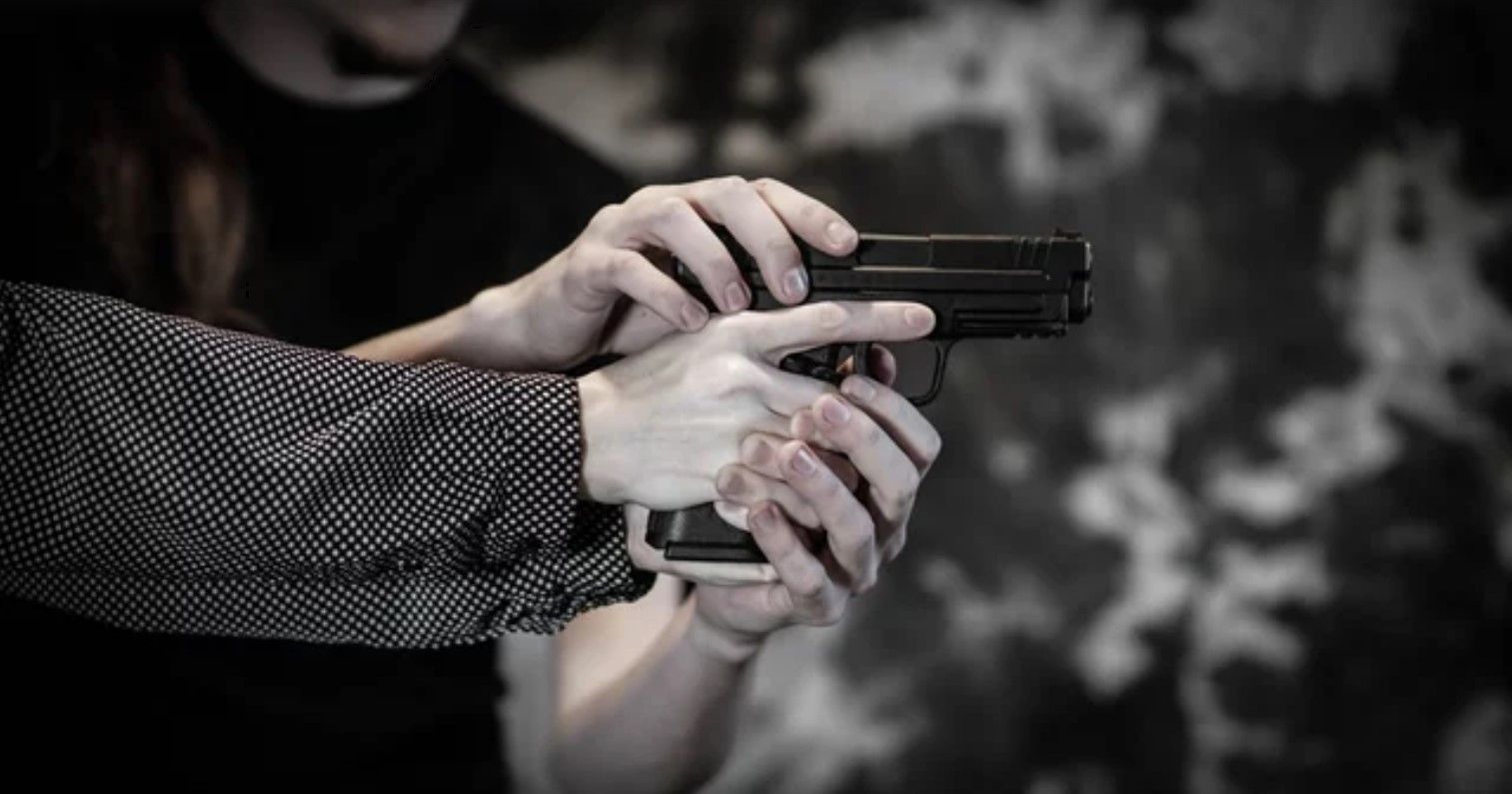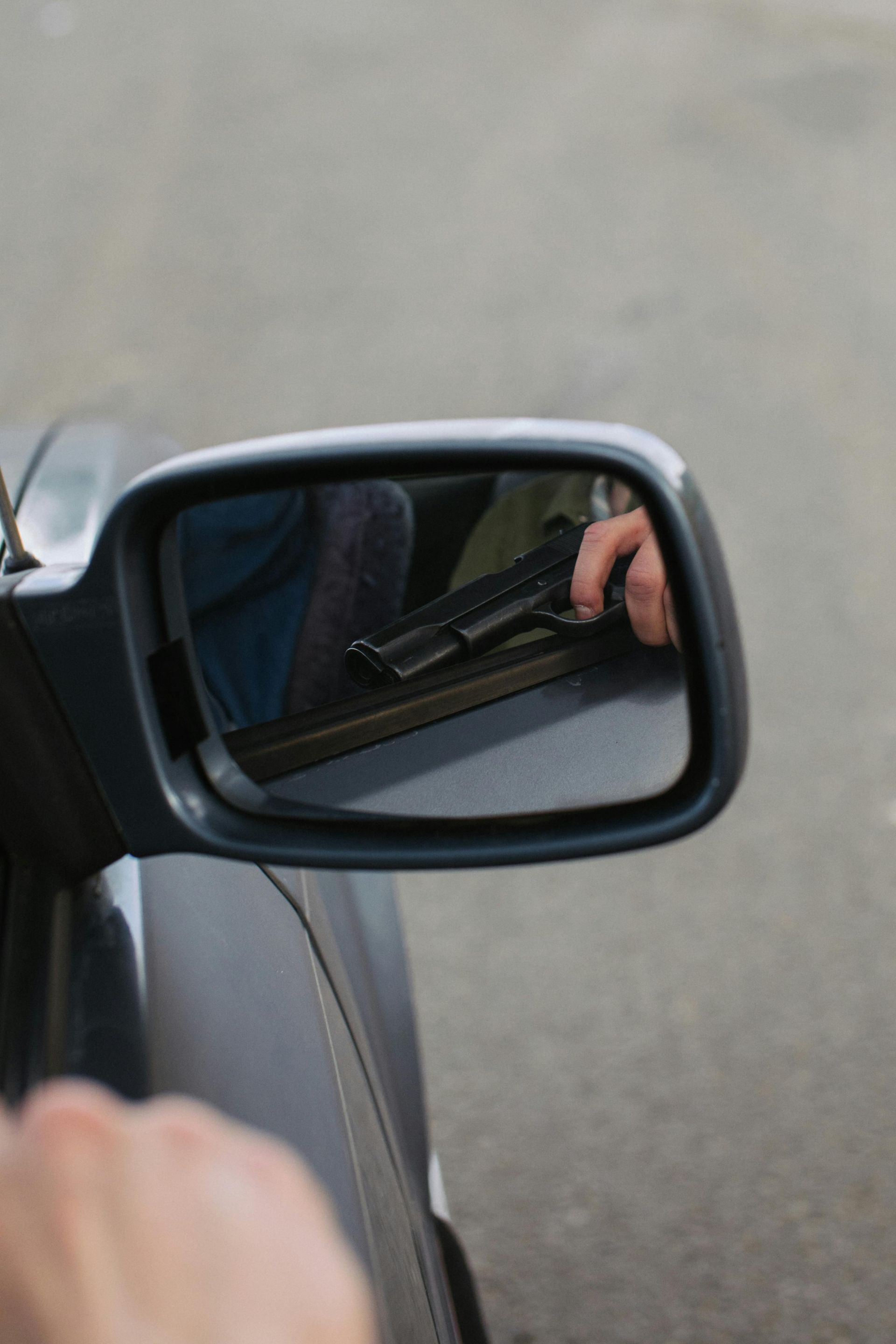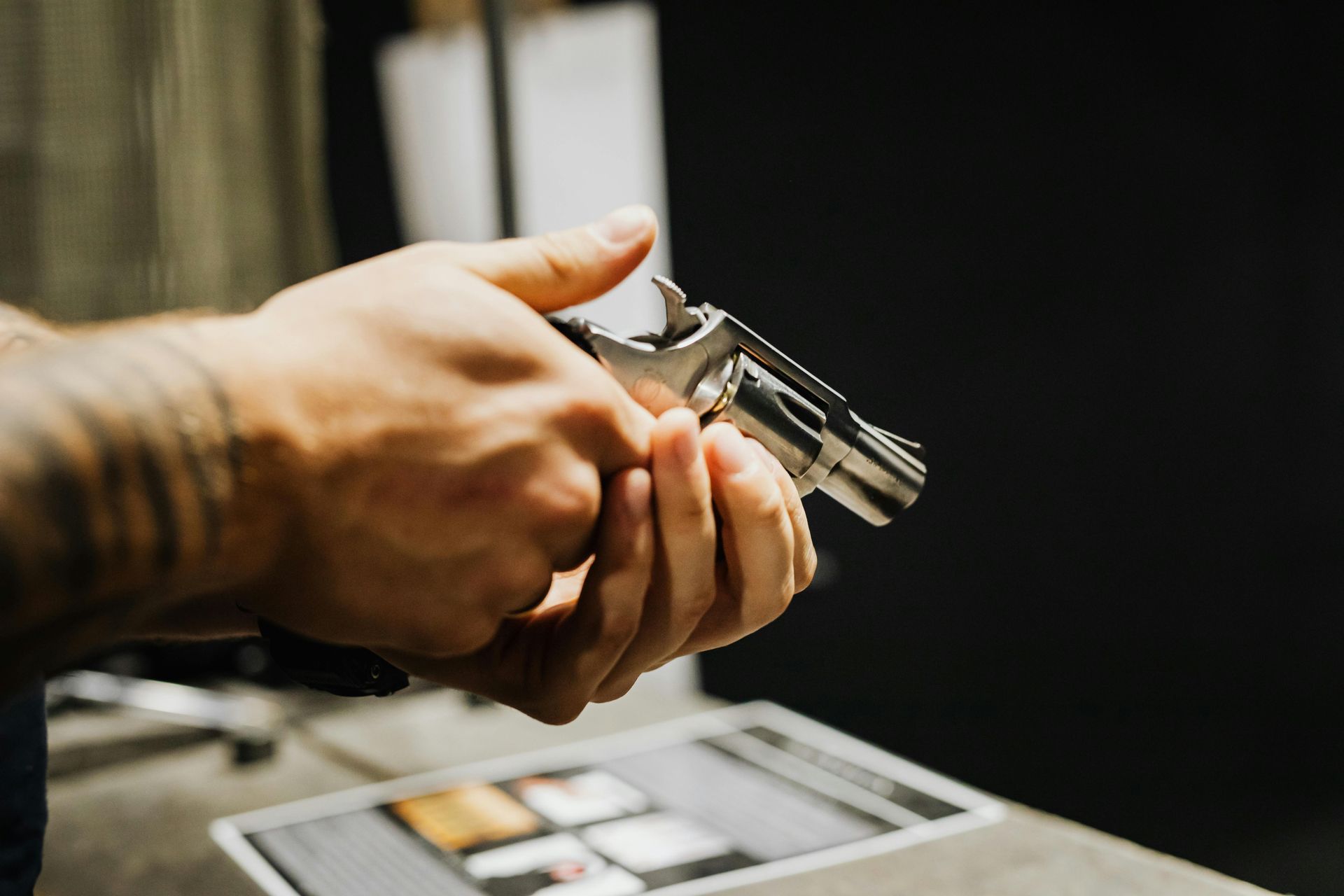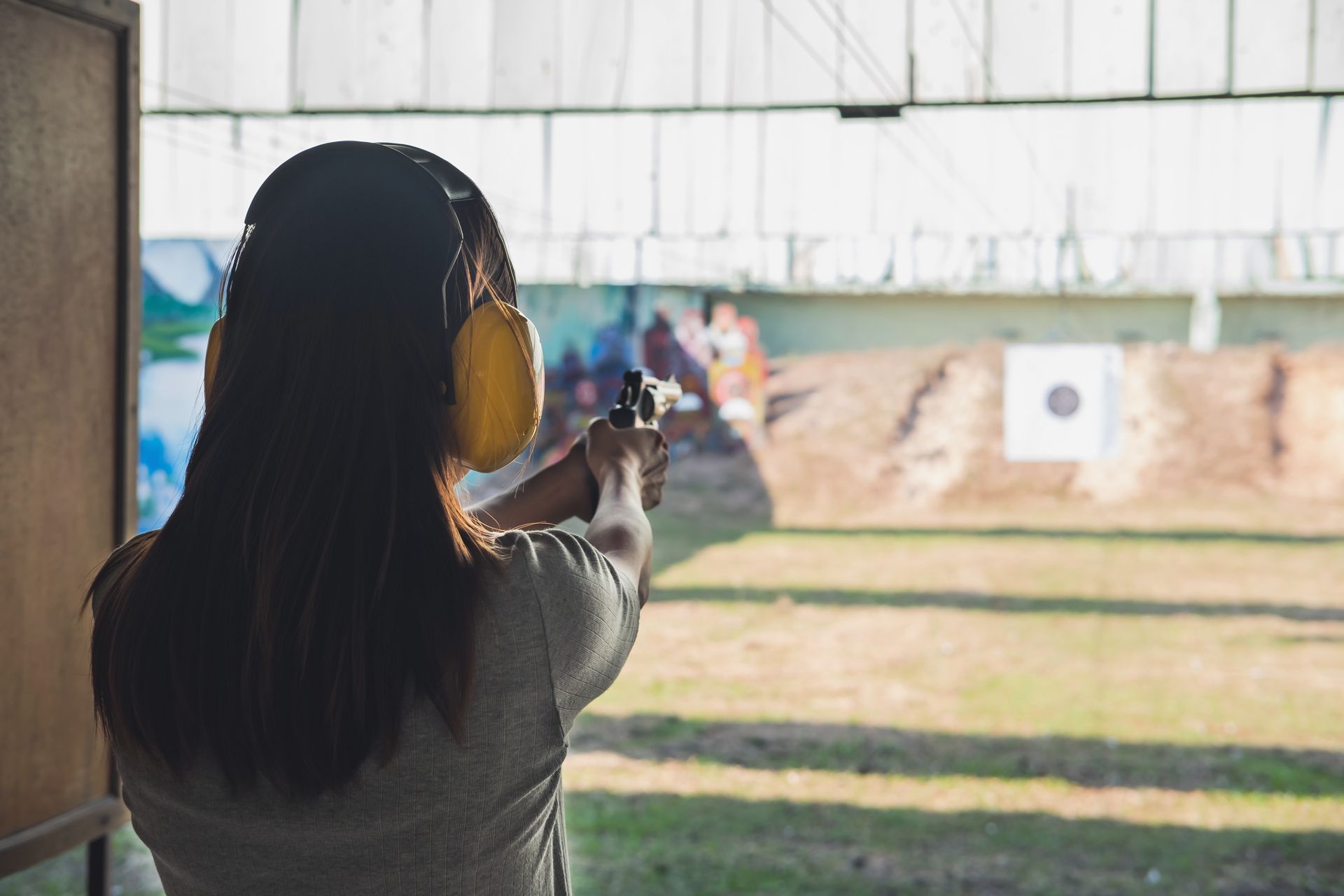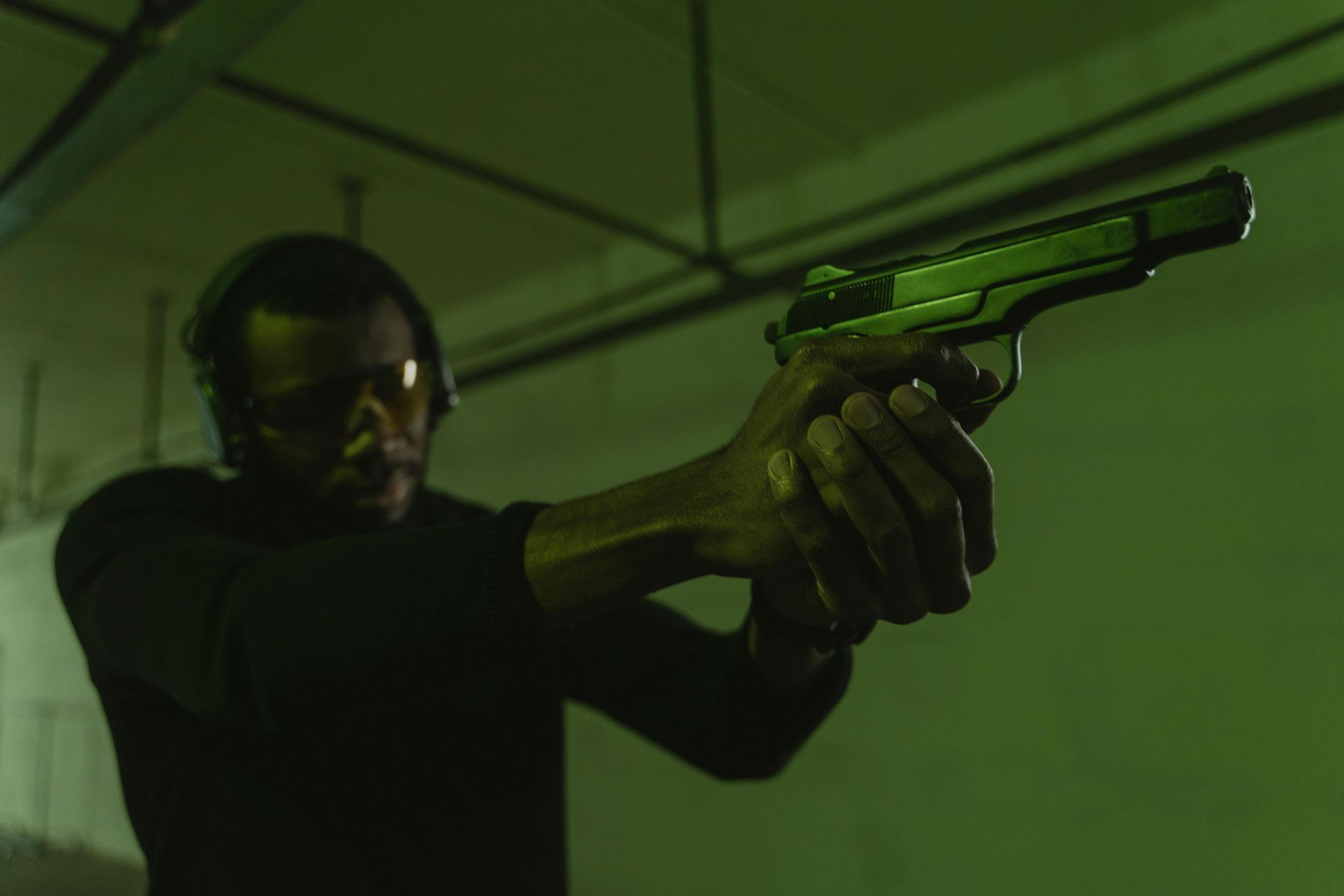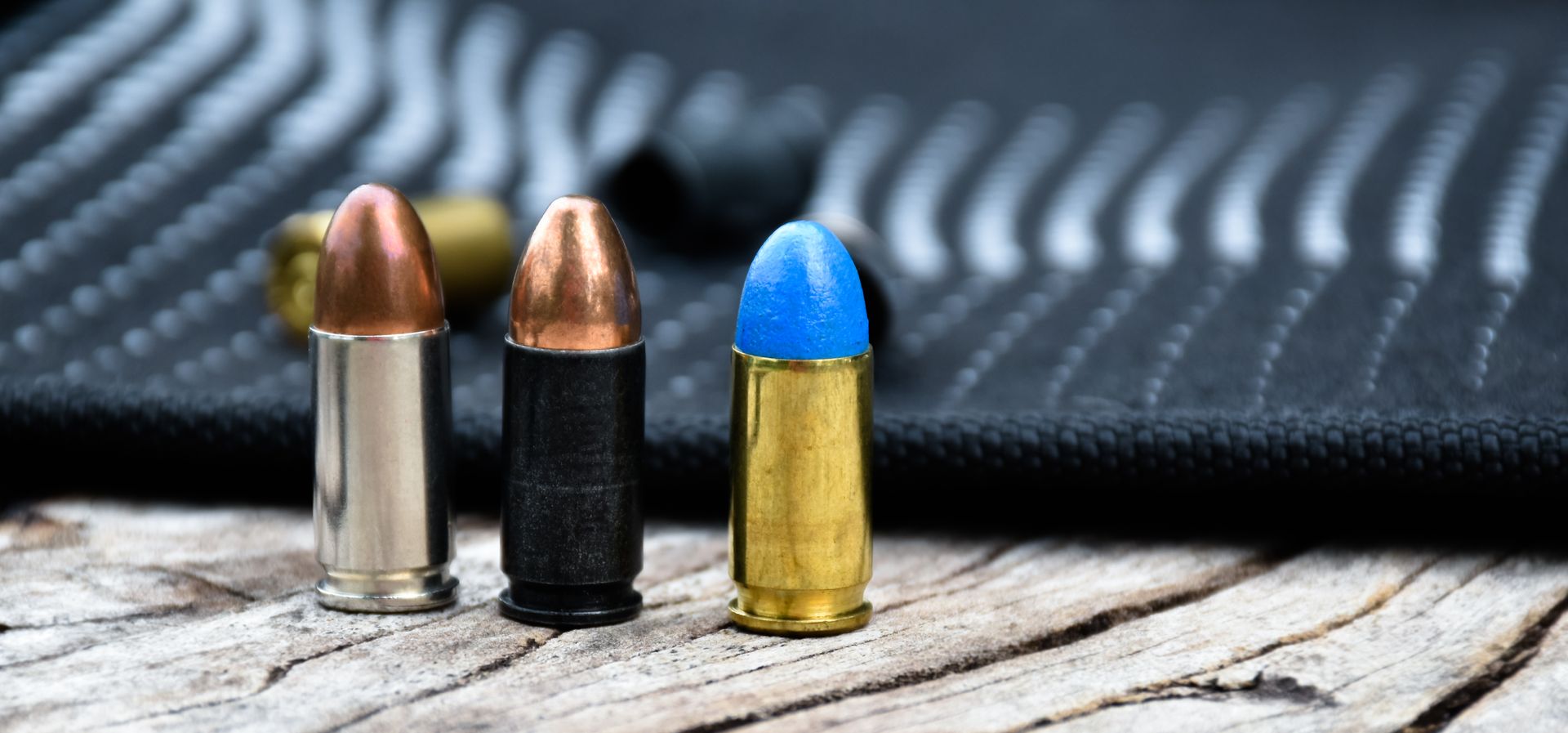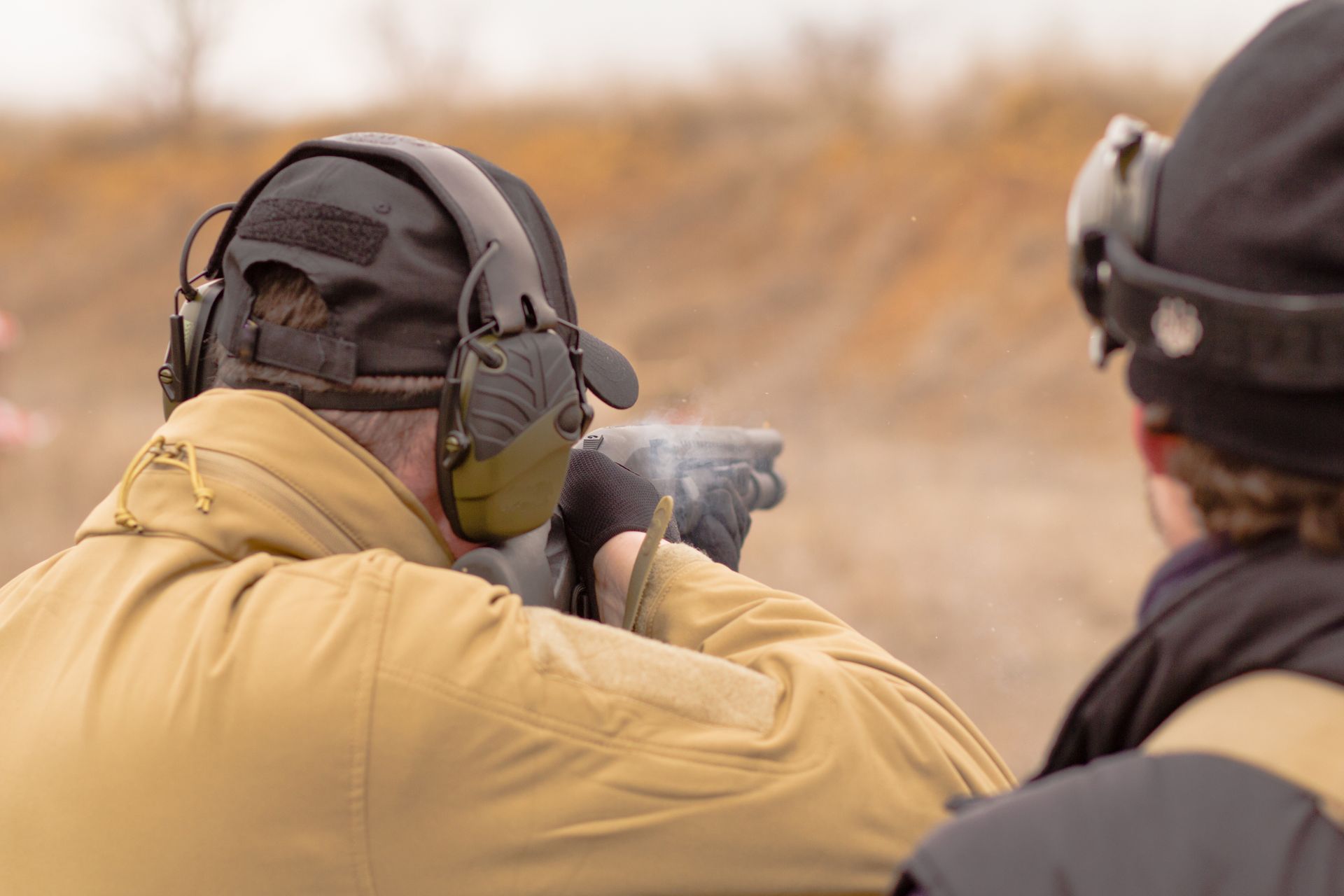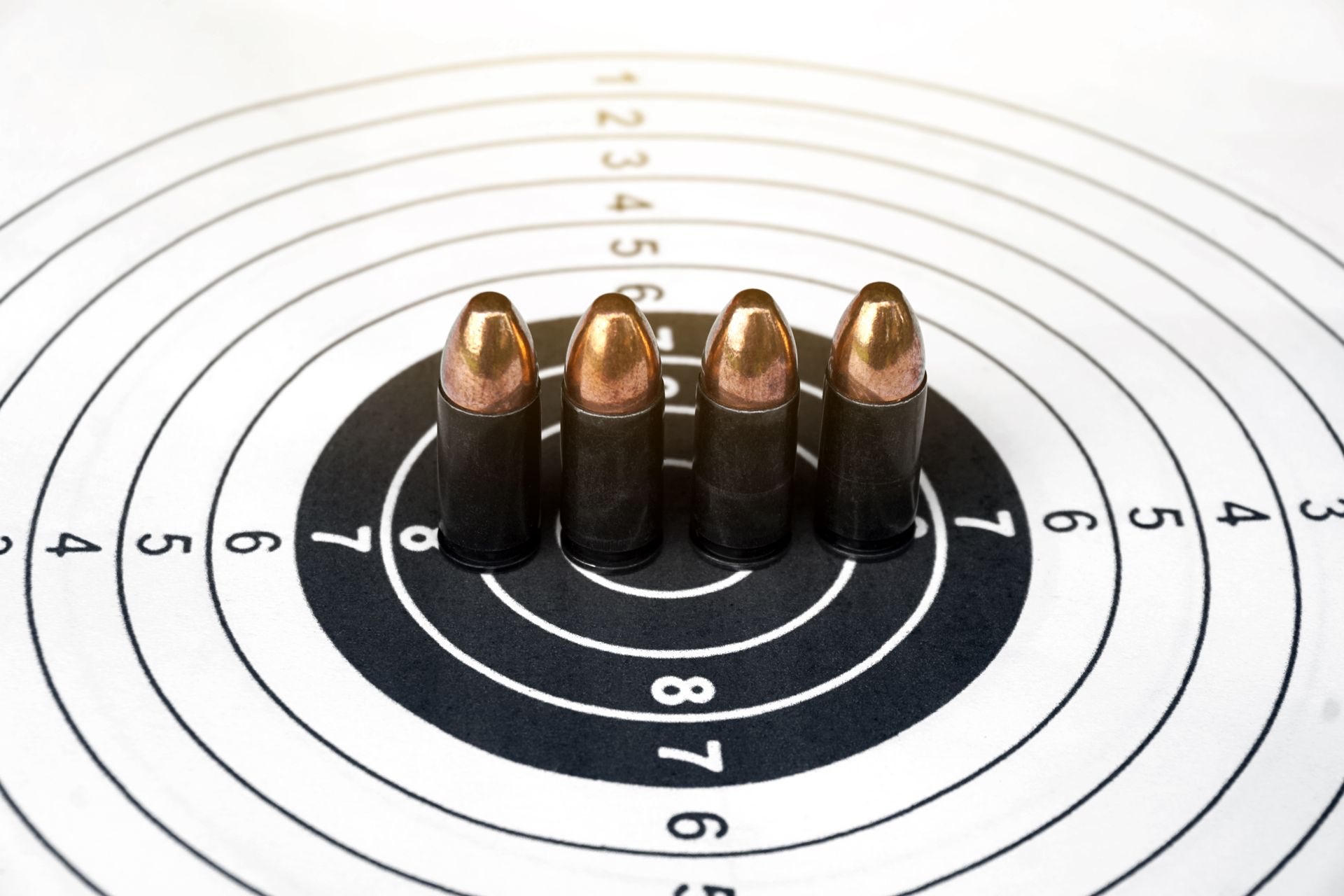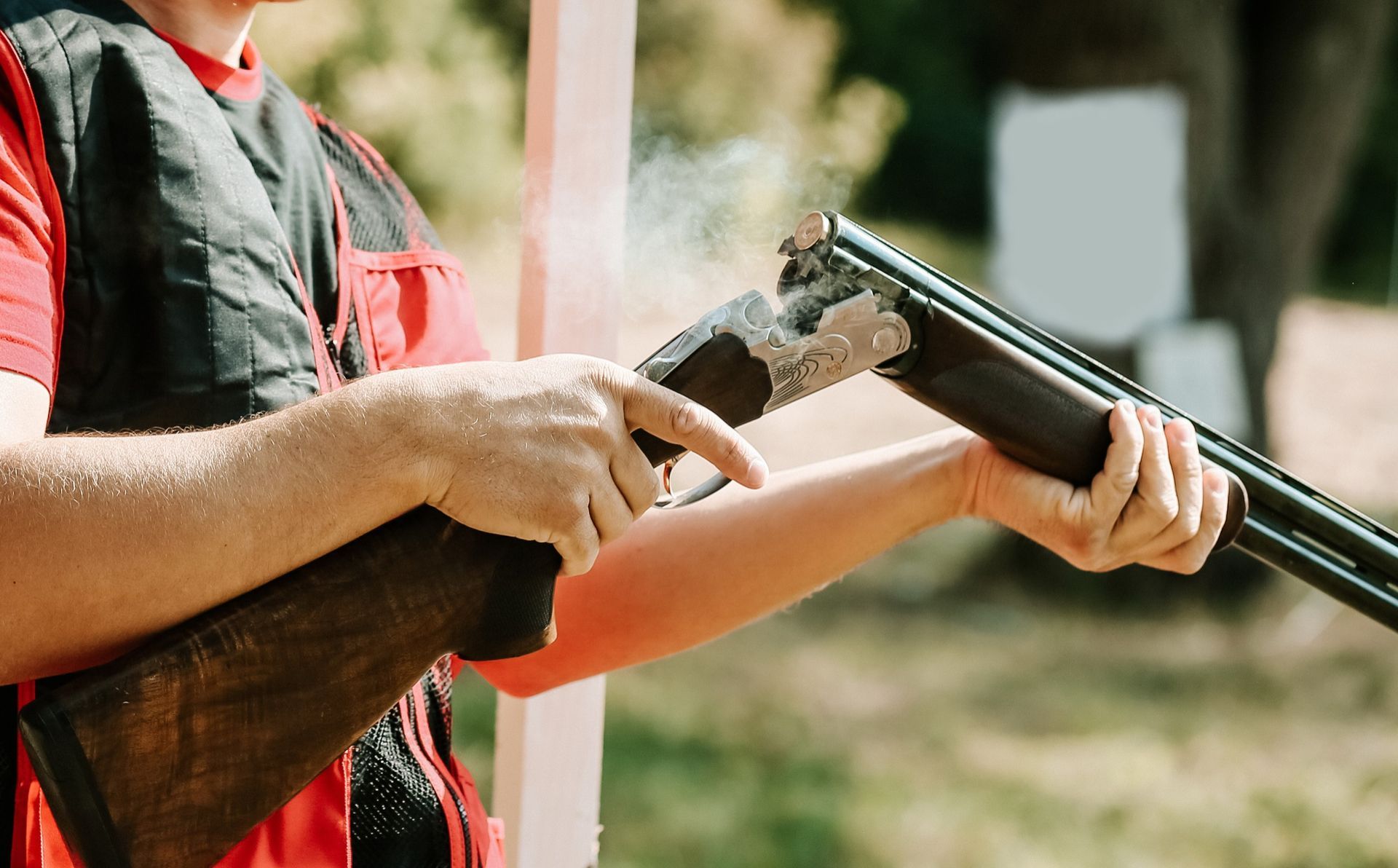The Role of Gun Control in Preventing Mass Shootings
Understanding Gun Control in Today’s World
Gun control is one of the most hotly debated topics in America, and it’s easy to see why. Guns are tightly woven into the fabric of American history and culture. Yet, as tragic mass shootings continue to shake communities, calls for reform are growing. But what role does gun control play in preventing these events, and is it as simple as changing laws?
In this blog, we’ll dive into the complexities of gun control, exploring different perspectives and examining real-world data to see how changes in gun legislation could impact mass shooting incidents.
Beyond Boundaries
How Does Gun Control Influence Mass Shootings?
Gun control’s role in preventing mass shootings is often debated, but the connection is more complex than it seems. While some argue that stricter regulations can reduce violence, others feel that it infringes on personal freedoms. Here’s a breakdown of some common areas of focus in the gun control debate:
- Background Checks: Background checks are one of the primary measures used to prevent individuals with criminal records or mental health concerns from purchasing firearms. Expanding these checks could keep weapons out of the hands of individuals who pose a risk.
- Red Flag Laws: These laws allow authorities to temporarily seize guns from individuals deemed dangerous to themselves or others. Red flag laws have been adopted in many states and could play a major role in preventing mass shootings if implemented widely.
- Assault Weapon Bans: High-capacity firearms are often associated with mass shootings, and some argue that banning them or limiting magazine capacity could reduce the risk. However, others feel this infringes on Second Amendment rights.
While laws like background checks and red flag laws could help prevent certain individuals from accessing firearms, they aren’t foolproof. For
gun control
to be truly effective, it may need to be paired with other social programs and resources, which we’ll cover below.
International Perspectives on Gun Control: Lessons from Around the World
Looking beyond the U.S. can offer insights into how different countries approach gun violence. Many nations with low rates of mass shootings have strict gun laws, but the way they enforce these regulations varies:
- Japan: In Japan, the process to own a firearm involves extensive background checks, mental health evaluations, and training courses. Gun ownership is low, and mass shootings are almost nonexistent.
- Australia: Following a tragic mass shooting in 1996, Australia enacted sweeping gun reforms, including buybacks, background checks, and restrictions on high-powered firearms. Since then, mass shootings have significantly decreased.
- United Kingdom: Similar to Australia, the UK responded to mass shootings with tighter restrictions, resulting in fewer mass shootings. Gun ownership is heavily regulated, with only specific purposes like sport or hunting being allowed.
These examples show that there’s no one-size-fits-all solution. While these countries have had success with strict regulations, the U.S. has its own unique cultural and political factors that make it a different landscape for gun policy.
Does Mental Health Play a Bigger Role Than Gun Control?
Often, the focus shifts to mental health as a critical factor in preventing mass shootings. While mental illness isn’t the cause of most gun violence, certain conditions and life circumstances can elevate the risk. Here are ways that mental health and gun control intersect:
- Mental Health Screenings: Some advocate for including mental health screenings as part of background checks to identify potentially high-risk individuals.
- Access to Counseling and Support: Ensuring that people have access to mental health services could reduce desperation and the drive to commit violent acts.
- Reducing Stigma: By normalizing mental health care and making it accessible, communities could create a safer environment that encourages early intervention.
While focusing on mental health alone isn’t enough to curb mass shootings, prioritizing mental health resources could be a vital part of a broader prevention strategy.
The Importance of Responsible Gun Ownership and Training
An often-overlooked element in preventing gun violence is the role of responsible gun ownership. Owning a firearm is both a right and a responsibility, and proper mass shooter training is key to using guns safely. Here’s how training can make a difference:
- Awareness and Preparedness: Through training, gun owners learn how to store, carry, and handle firearms responsibly, reducing the likelihood of accidental misuse.
- Emergency Preparedness: Safety training often includes scenarios such as home defense and active shooter situations, which could be life-saving skills in emergencies.
- School and Workplace Safety: Knowing how to respond to active shooter situations is critical, especially in public spaces like schools or workplaces.
Responsible gun ownership goes beyond the purchase; it requires a commitment to safety, awareness, and practice. Encouraging
gun safety training education could empower gun owners to make their communities safer.
What the Data Says: Do Gun Laws Actually Work?
The data on gun control and its impact on mass shootings is complicated. Research indicates that certain gun laws, like universal background checks, correlate with reduced gun violence, but many factors are involved. Here’s a breakdown of what studies show:
- Background Checks and Lower Homicide Rates: Some studies show that states with background checks have lower homicide rates, though not all violent incidents are linked to mass shootings.
- Reductions in Suicides: In states with waiting periods and gun restrictions, suicide rates often decline, as impulsive decisions are limited.
- Youth Access Prevention Laws: Laws that prevent children and teenagers from accessing firearms are associated with fewer accidental shootings and suicides among youth.
While no law is a guaranteed solution, evidence suggests that a balanced approach combining legal measures, education, and mental health resources can make a positive difference.
Striking the Balance Between Rights and Safety
Ultimately, the debate around gun control and mass shootings is a balancing act. It’s not about taking away rights but rather finding ways to ensure that guns are owned and used responsibly. By combining thoughtful regulation, community-based mental health resources, and responsible ownership, we can take steps to prevent tragedy and protect lives.
Want to Stay Safe? Get Expert Gun Safety Training and Guidance in Brownwood, TX!
If you’re looking to improve your skills and knowledge around firearms, reach out to our team at Lake Brownwood Firearm. We offer professional gun safety and training classes right here in Brownwood, TX, and the surrounding areas. Our courses are designed to help you understand the importance of responsible ownership and equip you with the skills you need to handle firearms confidently and safely.
Whether you’re interested in
school safety training or
mass shooter training, we have you covered. Give us a call today at
(325) 203-8899 to learn more about our classes and how we can help you be prepared for any situation.
FAQs
What is a background check, and why is it important?
A background check looks into an individual’s history for any red flags that might indicate they shouldn’t own a firearm. It’s important because it helps keep guns out of the hands of people with a history of violence or mental health issues.
Do red flag laws really help prevent mass shootings?
While they’re not foolproof, red flag laws can be effective in preventing high-risk individuals from accessing firearms temporarily, potentially reducing the risk of violence.
Why do some people oppose assault weapon bans?
Many opponents of assault weapon bans argue that these regulations infringe on the right to bear arms and that banning one type of weapon won’t address the broader issues contributing to gun violence.
Can mental health interventions help reduce gun violence?
Yes, mental health interventions can play a significant role in preventing violence by offering support to individuals who may be at risk. However, it’s not a substitute for gun regulations.
How can I learn about gun safety and responsible ownership?
Attending a professional gun safety class is a great place to start. Lake Brownwood Firearm offers training on responsible gun ownership, school safety, and active shooter response. Contact us for more details!
